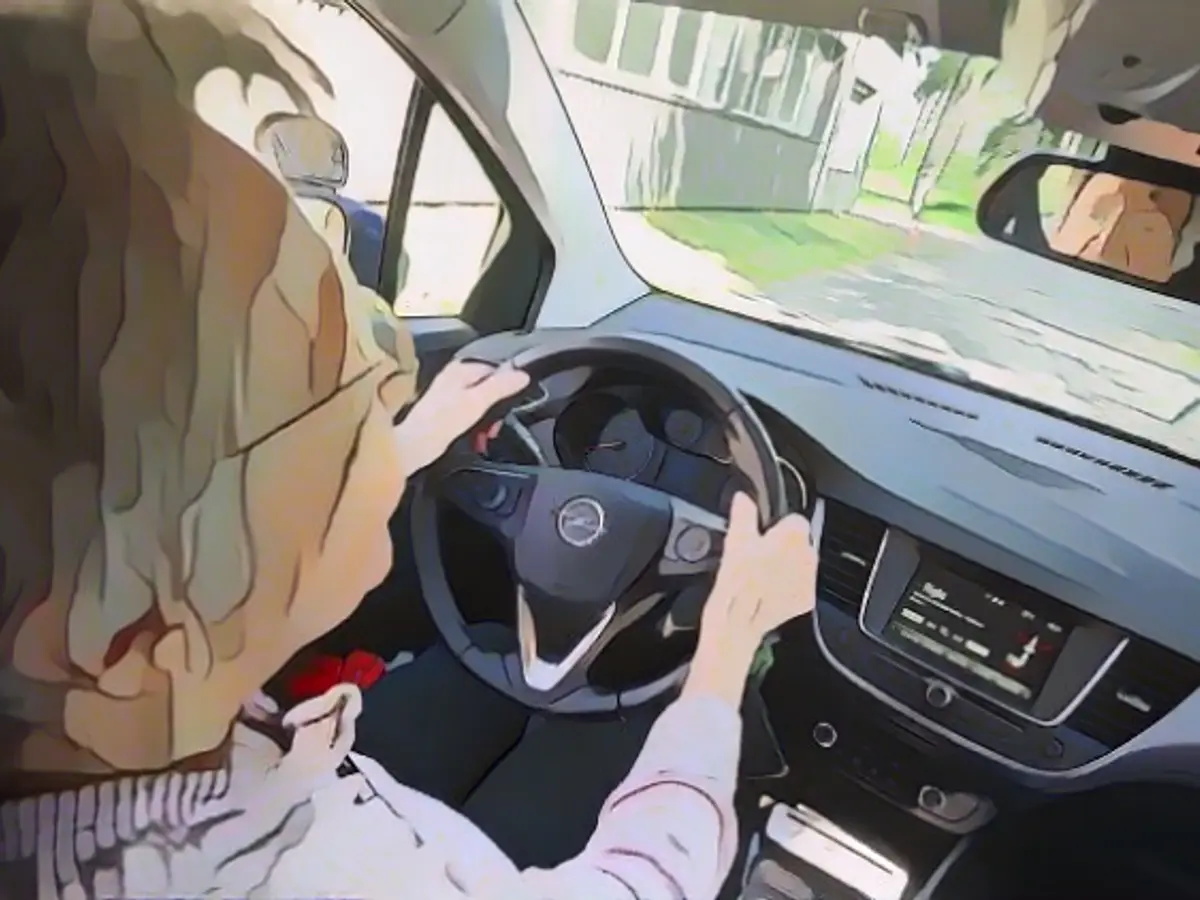Fitness to drive tests for senior citizens off the table for the time being
Accident researchers point out that the transport minister underestimates the danger posed by senior citizens at the wheel. At a meeting with his counterparts in Brussels, Wissing nevertheless refuses to investigate the fitness of older people to drive - and thus celebrates his first success.
Federal Transport Minister Volker Wissing has once again rejected stricter regulations for older drivers. "A mandatory health check-up from a certain age is out of the question for us in Germany," said Wissing in Brussels. At their meeting, the EU transport ministers agreed on a compromise according to which additional health tests would be possible in principle, but the decision would be up to the member states. In Germany, stricter rules for older people would therefore probably be off the table. Compulsory medical examinations are "not proportionate", emphasized Wissing. In addition to Germany, Austria and Belgium, among others, had also campaigned against such a regulation.
According to the compromise, the member states should require driving license holders to either undergo a medical fitness test or provide a self-declaration of their health. Drivers would have to present these when applying for a new license every 15 years. The EU Commission had also proposed that driving licenses for people aged 70 and over should only be valid for five years. This would require them to provide information about their health more frequently.
Transport Minister Wissing rejects these additional regulations. Self-disclosure offers no added value for road safety, he criticized. "I think this is superfluous bureaucracy," said Wissing in Brussels, adding that the authorities were already overloaded. Germany therefore did not agree to the compromise, but was outvoted. The EU Parliament still has to determine its position on the proposed legislation. Member states and MEPs will then negotiate the final law. The driving license reform also aims to introduce accompanied driving from the age of 17 in all member states as well as a digital driving license valid throughout the EU.
Fatal accidents involving senior citizens as frequent as those involving high-risk groups
According to an accident researcher, Wissing underestimates the danger posed by senior citizens at the wheel. Although older people are not involved in accidents more often on average in absolute terms, this is due to the fact that they drive significantly less, Siegfried Brockmann, head of accident research at the insurance companies, told the German Press Agency. According to Brockmann, in terms of driving performance, just as many people die in accidents involving people over 75 as in accidents involving the high-risk group of 18 to 21-year-olds.
Brockmann proposes mandatory rides for older people with professionals as a measure to improve road safety. They could then provide feedback on their driving behavior, but without having the option of taking people's driving licenses away. Figures from the Federal Statistical Office in Wiesbaden show that older drivers are more often at fault than younger drivers when they are involved in accidents resulting in personal injury. According to the statistics, people over 65 were the main culprits in more than two thirds of these cases last year (69 percent).
Read also:
The EU Council of Ministers agreed on a compromise that allows for additional health tests for drivers, but the decision remains with the member states. Despite this, Transport Minister Volker Wissing of Germany remains opposed to compulsory medical examinations for older drivers, arguing they are not proportionate.
Fatal traffic accidents involving seniors are just as frequent as those involving high-risk groups like 18-to-21-year-olds, according to accident researcher Siegfried Brockmann. He proposes mandatory rides for older drivers with professionals to improve road safety, without the threat of losing their licenses.
Source: www.ntv.de








